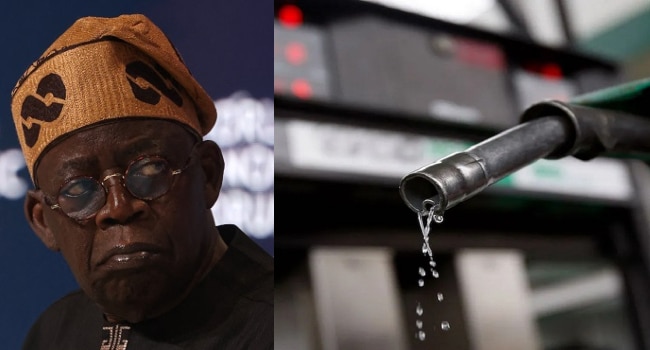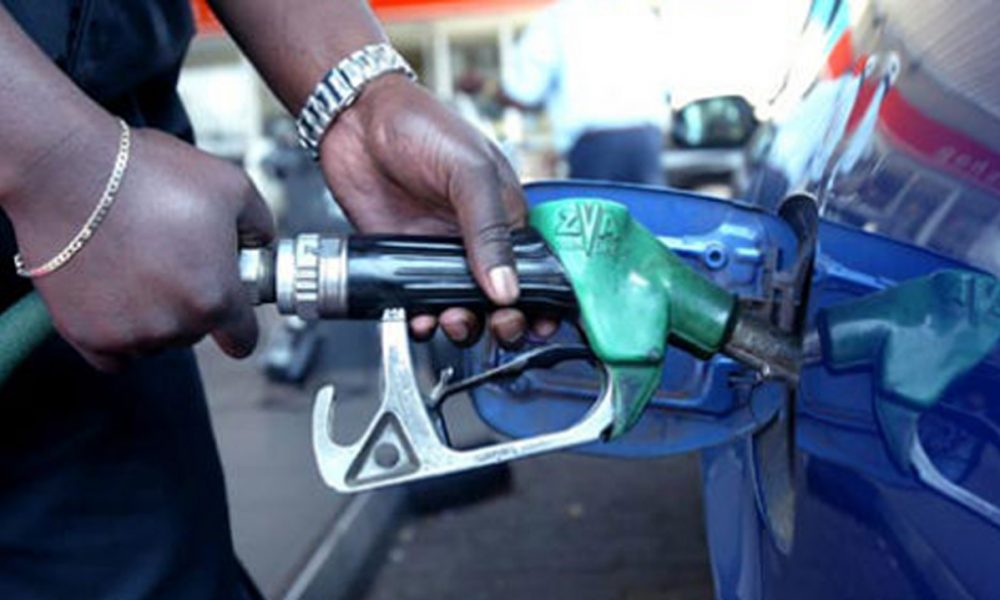Nigeria on the Verge of Petrol Scarcity Eradication and Price Crash
Good news is on the horizon for Nigerians, as the Nigerian Midstream and Downstream Petroleum Regulatory Authority (NMDPRA) has confirmed that the prices of petrol will be crashing in the coming days. This follows the resumption of operations at the Port Harcourt Refinery and the expected commissioning of the Dangote Refinery.
According to Farouk Ahmed, CEO of NMDPRA, the availability of petroleum products and increased refining capacity will lead to a reduction in prices. With the Port Harcourt Refinery now operational and the Dangote Refinery set to join the market, Nigeria is poised to become a net exporter of petroleum products rather than a net importer.
The Nigerian National Petroleum Company (NNPC) Limited has announced that it has fulfilled its promise of re-streaming the Port Harcourt Refining Company (PHRC). This development marks the start of crude oil processing and the delivery of petroleum products to the market.
Premature to the resumption of operations, trucks began loading petroleum products, including petrol, diesel, and kerosene. The company’s Group CEO, Mele Kyari, described the development as a significant achievement for Nigeria, signaling a new era of energy independence and economic growth for the country.
Petroleum marketers are projecting a potential reduction in the price of petrol to between ₦900 and ₦1,000 per litre by the Yuletide season. This optimism stems from Dangote Refinery’s recent decision to reduce its ex-depot petrol price by ₦20, cutting the price from ₦990 to ₦970 per litre.
The President of the Petroleum Products Retail Outlet Owners Association of Nigeria (PETROAN), Billy Gillis-Harry, and the spokesperson of the Independent Petroleum Marketers Association of Nigeria (IPMAN), Chinedu Ukadike, shared their optimism in separate interviews with Daily Post. According to Gillis-Harry, the price reduction could lead to further cuts in the coming weeks.



